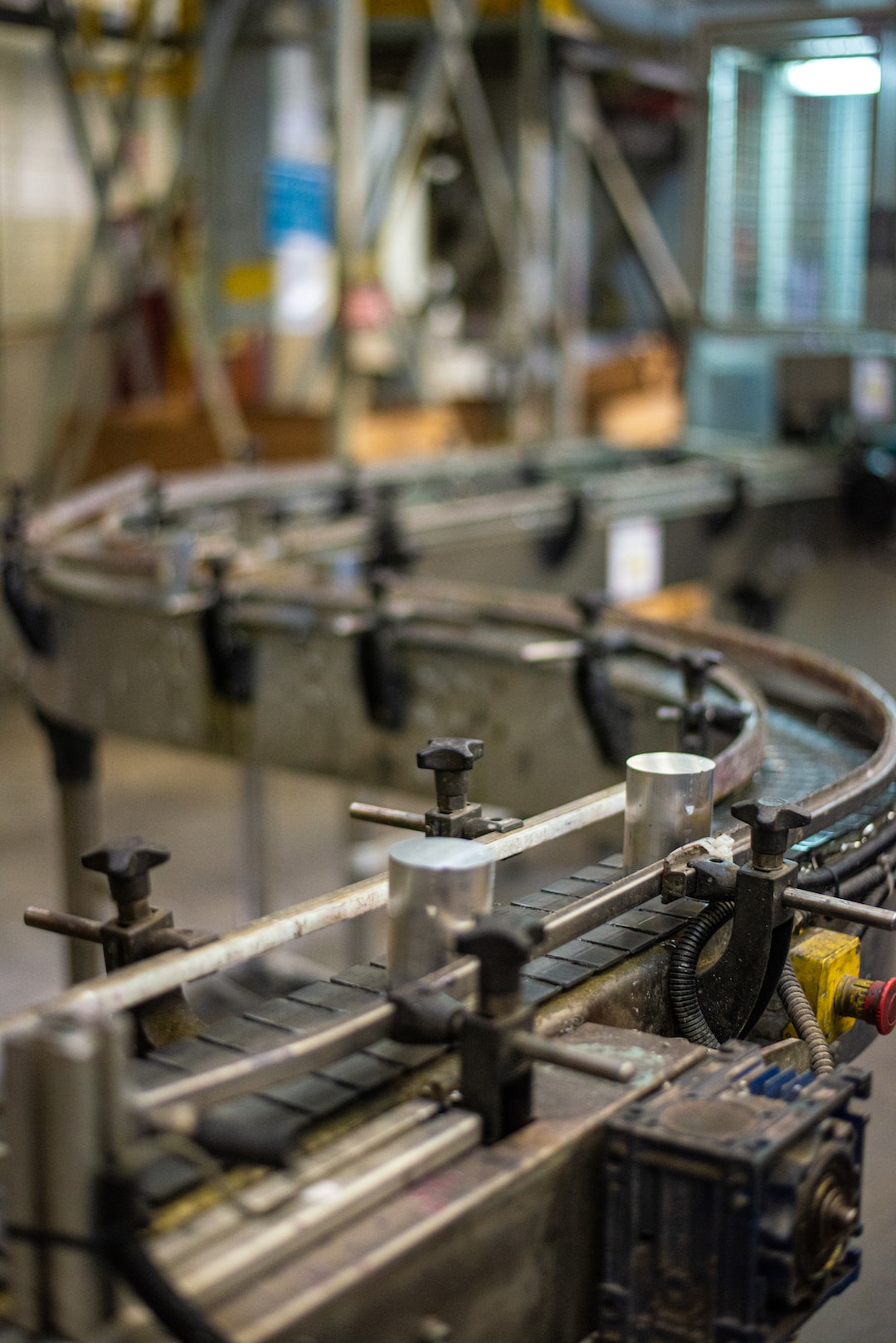Understanding the Concept of Smart Manufacturing
In today’s fast-paced and rapidly evolving technological landscape, the concept of smart manufacturing has gained significant attention and importance. It is revolutionizing the way industries operate and enabling businesses to enhance their productivity, efficiency, and competitiveness. This blog post aims to provide a comprehensive understanding of smart manufacturing, its key components, and the benefits it offers.
Smart manufacturing, also known as Industry 4.0 or the Industrial Internet of Things (IIoT), refers to the integration of advanced technologies and data analytics into the manufacturing processes. It leverages artificial intelligence, machine learning, big data analytics, and the Internet of Things (IoT) to create interconnected systems that improve operational efficiency, reduce costs, and optimize productivity.
One of the key components of smart manufacturing is the deployment of sensors and IoT devices along the manufacturing line. These devices collect vast amounts of data in real-time, allowing manufacturers to monitor and analyze the entire production process accurately. By integrating these devices into a centralized system, manufacturers can gain valuable insights into their operations, detect anomalies, and make data-driven decisions to optimize efficiency and quality.
Another essential component of smart manufacturing is the application of artificial intelligence and machine learning algorithms. These technologies enable the analysis of massive data sets to identify patterns, make predictions, and generate actionable insights. By automating repetitive tasks and optimizing processes, manufacturers can streamline their operations and reduce the risk of errors, resulting in higher quality products and increased customer satisfaction.
The benefits of smart manufacturing are numerous and impact different aspects of a business. Firstly, it enhances productivity by reducing downtime, improving asset utilization, and optimizing production schedules. With real-time data and insights, manufacturers can proactively identify potential issues or bottlenecks, preventing costly delays and ensuring a smooth production flow.
Secondly, smart manufacturing enables companies to make more informed decisions by providing insights into factors such as machine performance, maintenance requirements, and supply chain efficiencies. With this information at their disposal, manufacturers can optimize their processes, minimize waste, and make strategic decisions to optimize costs and drive profitability.
Additionally, smart manufacturing promotes sustainability and environmental responsibility. By monitoring energy consumption, emissions, and resource utilization in real-time, manufacturers can identify areas for improvement and implement eco-friendly practices. This not only helps in reducing the carbon footprint and preserving natural resources but also enhances the brand value of the business by demonstrating a commitment to sustainability.
Moreover, smart manufacturing empowers businesses to achieve operational flexibility and agility. By enabling real-time communication and collaboration between different departments and stakeholders, manufacturers can respond quickly to changing market demands, adapt production schedules, and introduce new products or variants without disrupting the entire workflow.
However, the implementation of smart manufacturing does come with certain challenges. Organizations need to invest in upgrading their infrastructure, including hardware, software, and connectivity solutions. They must also address concerns related to data security and privacy, as the interconnected systems in smart manufacturing create potential vulnerabilities. Thus, it is crucial for businesses to have robust cybersecurity measures in place to protect their data and systems.
In conclusion, smart manufacturing is revolutionizing the manufacturing industry by leveraging advanced technologies and data analytics. It offers significant benefits, including enhanced productivity, informed decision-making, sustainability, and operational flexibility. However, the successful implementation of smart manufacturing requires careful planning, investment, and a robust cybersecurity framework. Embracing smart manufacturing can position businesses ahead of their competitors and pave the way for a more efficient, sustainable, and technologically advanced future.

